Self-interest rates: states bullying Reserve Bank
Queensland, Victorian and WA Labor leaders have urged the Reserve Bank to act to take the pressure of struggling households at its first meeting of the year next week.
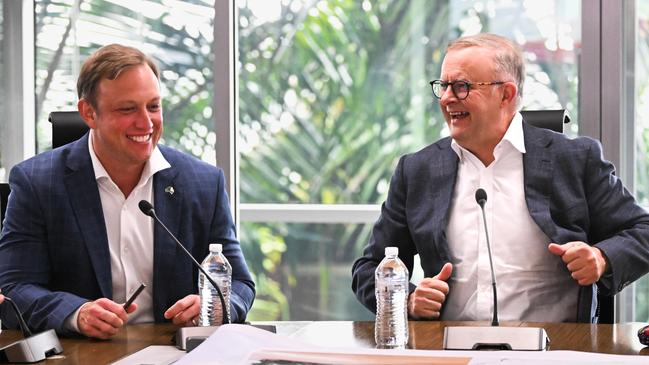
Three Labor premiers have united in an extraordinary demand for the Reserve Bank to cut interest rates next week, sparking warnings “populist” state leaders should instead do more to reduce inflationary pressures through lower spending.
Queensland’s Steven Miles, Victoria’s Jacinta Allan and Western Australia’s Roger Cook said the independent bank should provide immediate relief for mortgage holders next Tuesday.
“The Reserve Bank needs to start cutting interest rates now to take the pressure off households,” Mr Miles said, leading the charge with his statement on social media on Thursday.
Ms Allan – whose government is on track to reach net debt of nearly $180bn by 2026-27 – said there had been “real world impacts of 13 rate rises”.
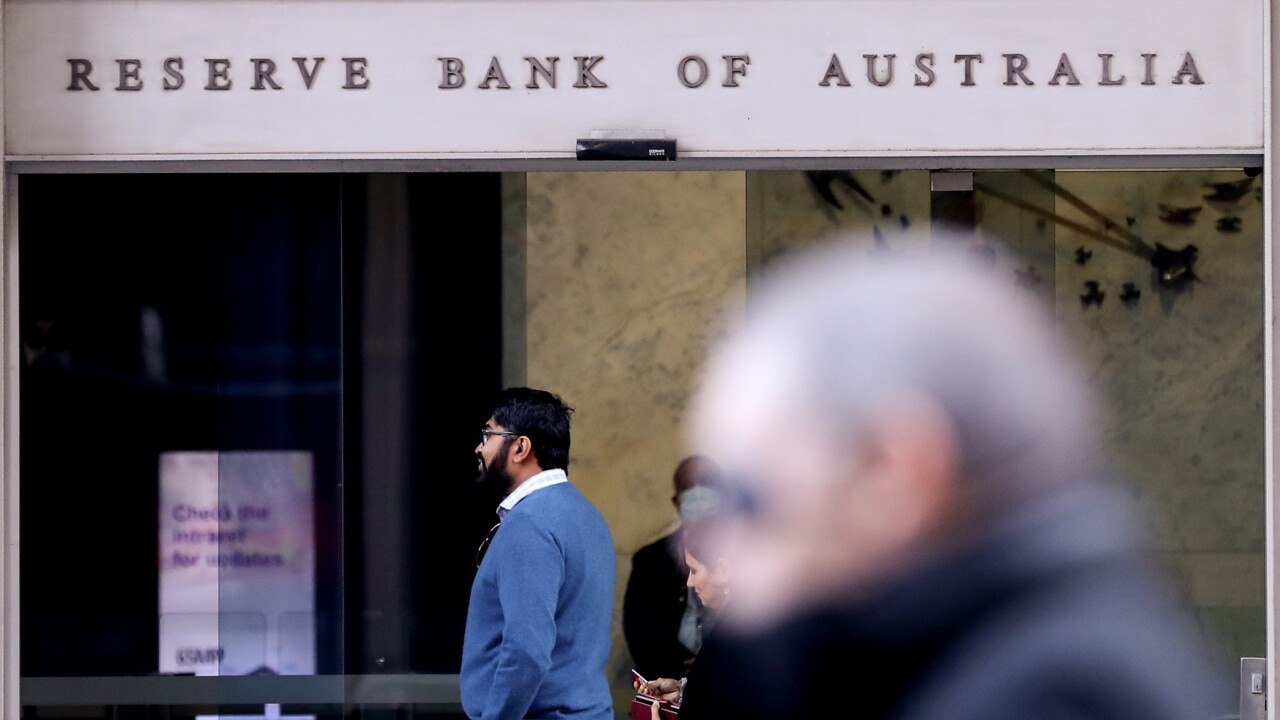
“The RBA should take pressure off families by cutting rates as soon as possible,” she said.
Mr Cook said it was obvious inflation was easing, after data released on Wednesday showed it had dropped to 4.1 per cent in the December quarter. “I urge the Reserve Bank to take that into consideration in their decision next week and ease the burden on households,” he said.
Analysts expect the RBA to hold the official cash rate at 4.35 per cent at next Tuesday’s meeting, with the first rate cut unlikely until at least June.
The intervention shows the growing appetite of premiers – beginning with former Victorian leader Daniel Andrews last year – to break the convention that political leaders respect the independence of the RBA and avoid giving advice on monetary policy.
Opposition Treasury spokesman Angus Taylor demanded Jim Chalmers “stand up to the Queensland Premier” and stop him “jawboning” the RBA.
“The RBA has been forced to slam the brakes because of the government’s economic mismanagement,” he said. “The best way to ease the cost-of-living crisis is to put downward pressure on inflation. That means reining in spending and boosting productivity.”
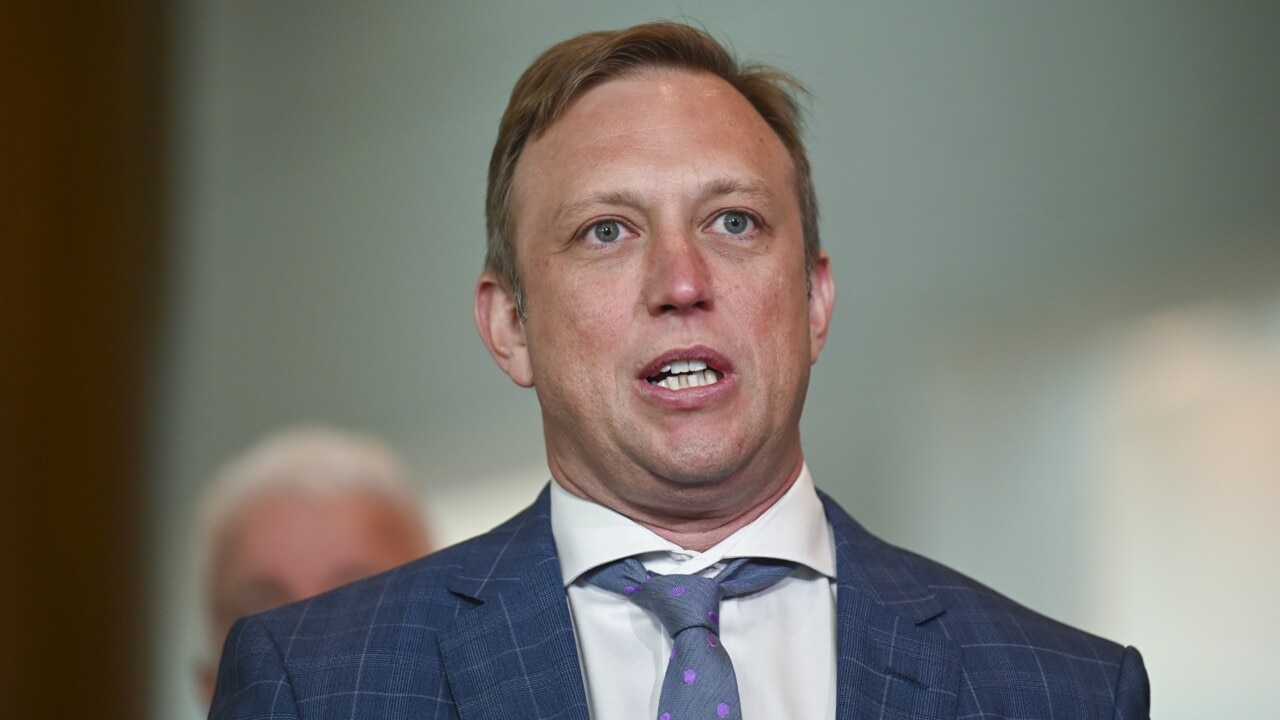
Former Victorian premier Jeff Kennett said Mr Miles and other premiers were engaging in “populism” with their RBA demands.
“This is all about politics and not responsible leadership,” Mr Kennett said. “It is a cheap shot in an area in which he has no influence whatsoever.”
He said he believed the RBA would focus on its job “regardless of what some of these tin-pot premiers are going to do”.
Australian Industry Group chief executive Innes Willox said state leaders should focus on lowering debt to make it easier for the central bank to cut rates. “Like everyone … premiers want lower interest rates,” he said. “Rather than commenting from the sidelines to meet a political imperative, they can play their part by implementing policies that don’t feed inflation, get their debt under control and support boosting productivity at every turn.”
EQ Economics managing director Warren Hogan said it was problematic for premiers to make demands on the RBA. “It is a very naive position for a state leader to make any comment on the Reserve Bank and even worse when there is a big question mark on whether they have got their own spending under control, making life harder for the RBA,” he said. “This is all politics and completely at odds with the longstanding convention … of not commentating on monetary policy.”
But former Queensland premier Campbell Newman backed Mr Miles. “I think the retail sales figures the other day are quite diabolical. The place is being crushed,” he said. “I think they have gone an interest rate rise too far. As much as I have little to agree with the premier on, on this one I am concerned.”
Anthony Albanese said the RBA was an independent body and the government did not direct it on what to do.
After the 11th rate rise last May, Mr Andrews called into question the bank’s strategy, saying it was “smashing families” without reducing inflation. NSW Premier Chris Minns at the same time expressed similar concern, asking whether the RBA board was fulfilling its remit.
New figures released on Thursday showed 2023 recorded the lowest number of home building approvals in more than a decade, adding further evidence of the economic drag from the most aggressive series of rate rises in a generation.
A near 10 per cent plunge in dwelling approvals in December thanks to a 25 per cent monthly drop in apartment approvals left 162,000 approvals through the year. Amid a critical lack of housing, that was the lowest rate since March 2013, the Australian Bureau of Statistics figures showed.
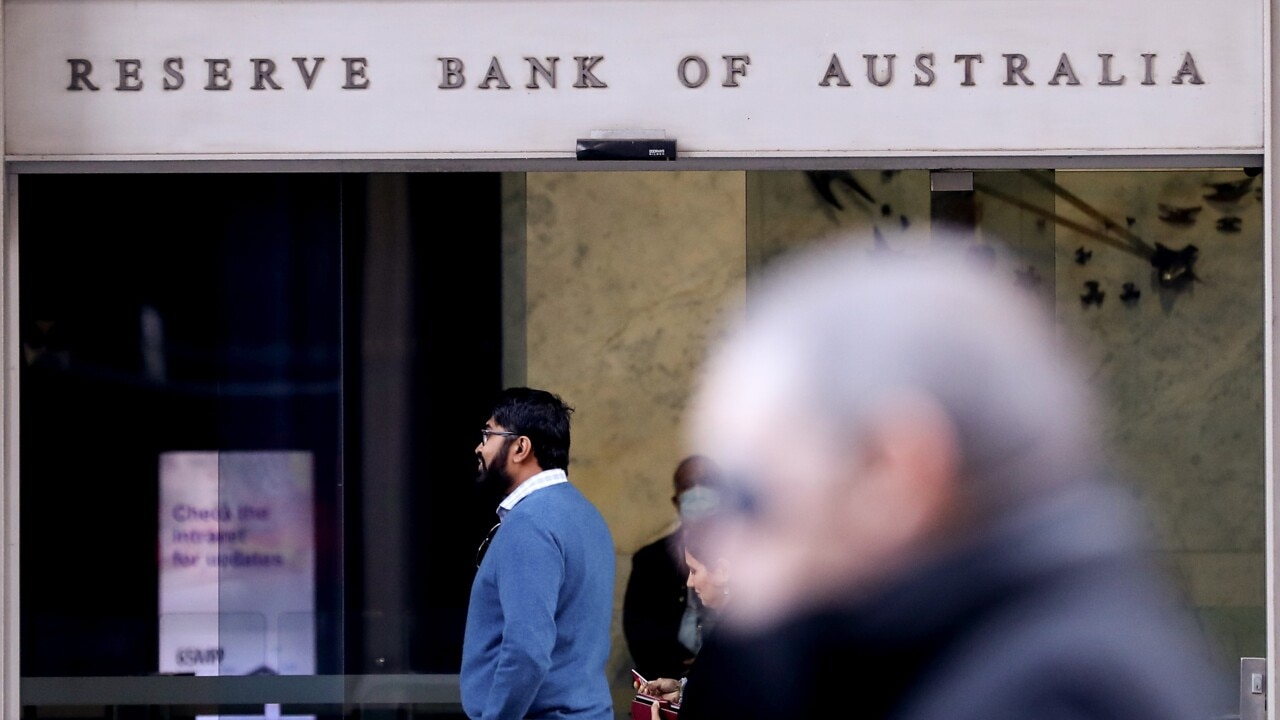
US Federal Reserve chair Jerome Powell has made it clear that rate cuts in the world’s biggest economy are on the way.
Amid rising political temperature over the timing of rate cuts, analysis by The Australian reveals middle-income families with a mortgage will be forced to wait to see any real benefit from Labor’s tweaked stage three tax cuts if the proposed changes delay relief on interest rates. A two-month delay in an increasingly anticipated June rate cut would leave a homeowner with a $600,000 loan paying $93 more in repayments a month in July and August than would have been the case without the delay.
For a household with two earners – one on the full-time median salary of $83,200, the other on the median part-time wage of $34,200 – this lost mortgage relief almost cancels out the $107 extra a month from Labor’s stage three tax cuts changes.
AMP chief economist Shane Oliver said the RBA could deliver its first rate cut as soon as June. But he said there was a risk that giving more of the tax relief to lower-income households who are more likely to spend the additional income could delay mortgage relief until August.
The Prime Minister on Thursday pointed to Treasury analysis that the changes did not cost the budget more, and so would have no additional impact on inflation than the legislated stage three plan.
Additional reporting: Paul Garvey, Angus McIntyre, Lily McCaffrey



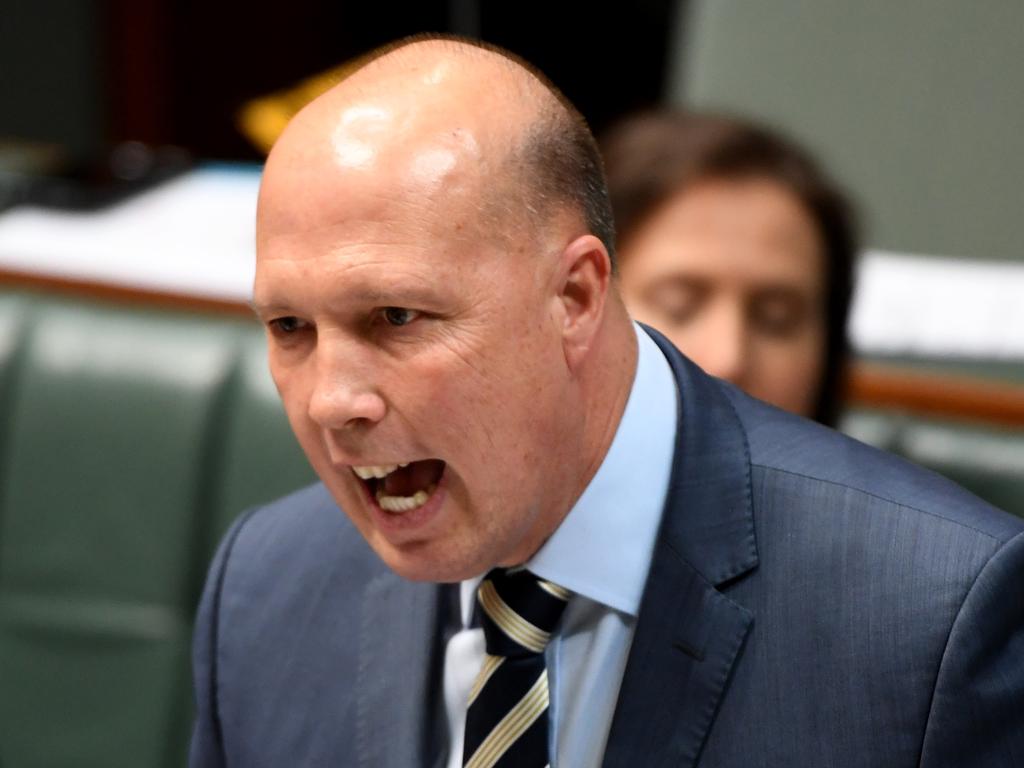
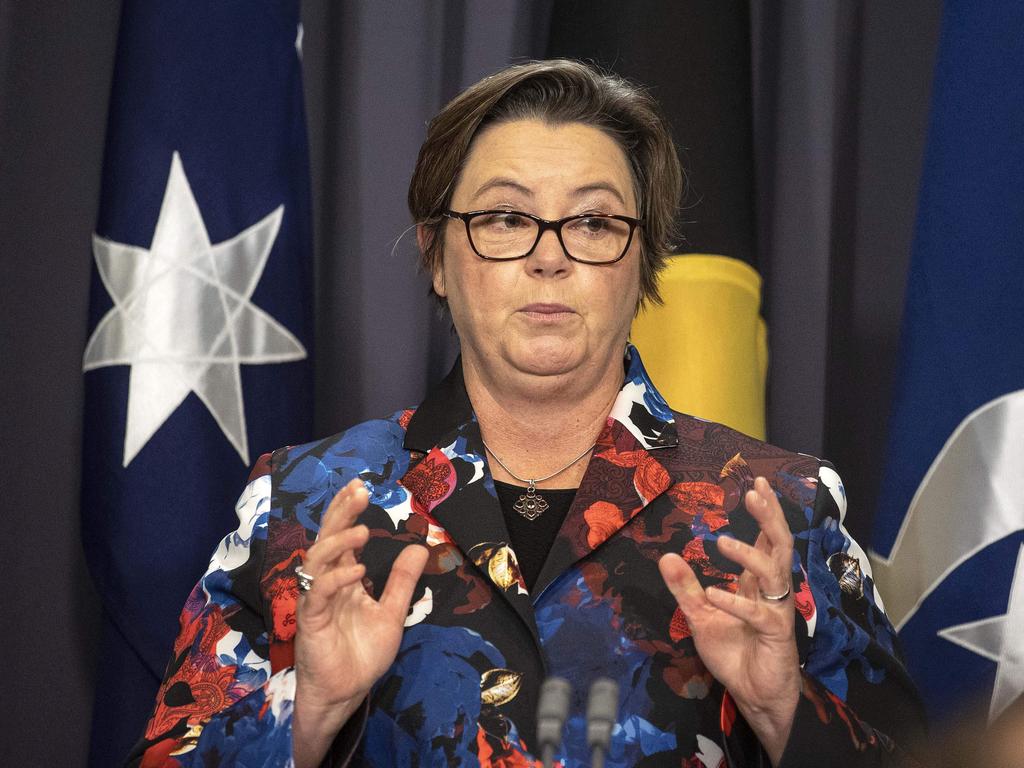


To join the conversation, please log in. Don't have an account? Register
Join the conversation, you are commenting as Logout